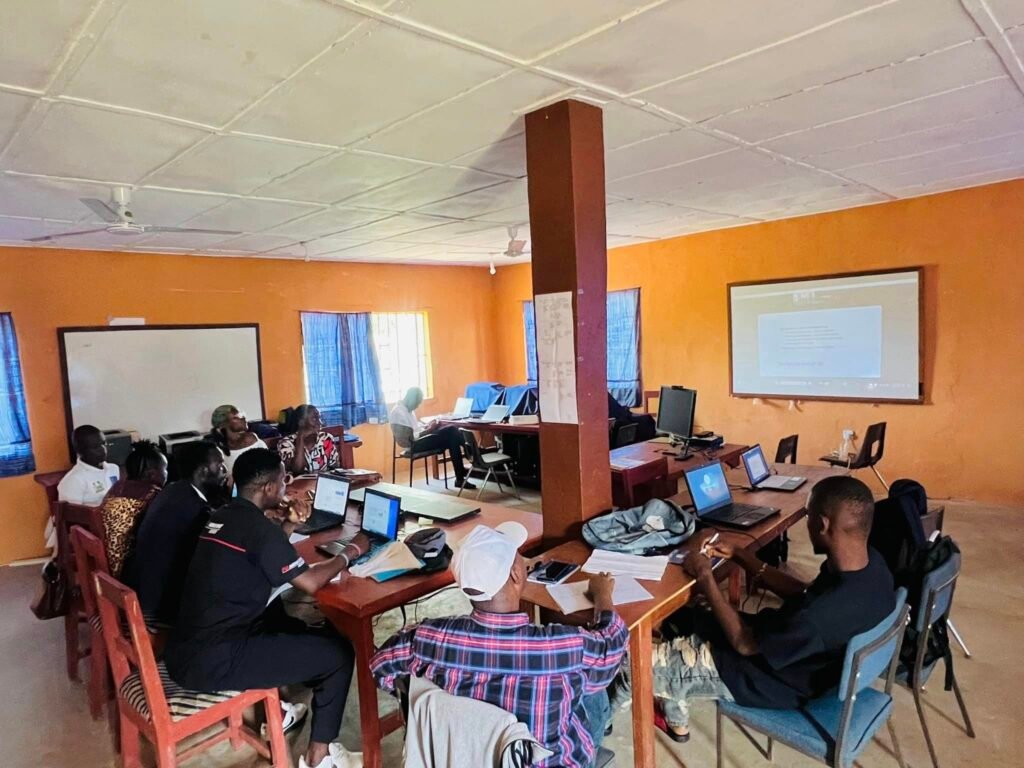Course Details
Course Duration
2 years
Career Opportunities:
Cultural Anthropologist
Archaeological Field Technician
Ethnographic Researcher
Museum Curator
Cultural Heritage Specialist
Skills Gained:
Qualitative Research & Ethnographic Studies
Archaeological Methods & Cultural Preservation
Human Evolution & Biological Anthropology
Cross-Cultural Communication & Analysis
Admission Requirements
- Candidates wishing to enrol for Diploma in National Diploma in Anthropology must have two credits at WASSCE/GCE O’ level with at least a credit in a pure science subject or mathematics or at least five years of experience working in an agricultural institution.
- OND applicants must have three credit passes WASSCE/GCE O’ level with at least one credit in a pure science subject including English Language or a certificate in agriculture.
- Candidates wishing to pursue an HND programme must have four credit passes at WASSCE/GCE O’ level with at least two credits in pure science subjects including English Language or an OND.
- Candidates with Certificate in Agriculture wishing to pursue OND or with OND wishing to pursue HND without the required WASSCE/GCE O’ level passes must have a CGPA of 4.00 (80%).

National Diploma in Anthropology

Course Overview
The National Diploma in Anthropology is designed to provide students with a deep understanding of human societies, cultures, and behaviors across time and space. This program explores human evolution, social structures, belief systems, languages, traditions, and economic systems, offering insights into how societies function and adapt to change. Students will examine the diverse ways in which people live, interact, and organize their communities, gaining knowledge of cultural diversity, globalization, migration, and indigenous knowledge systems. The course integrates archaeological, biological, linguistic, and socio-cultural anthropology, providing a well-rounded foundation in the study of human life.
In addition to theoretical learning, students will engage in ethnographic research, fieldwork, and case studies, developing skills in qualitative research, data collection, and cultural analysis. They will study ancient and contemporary civilizations, analyzing historical artifacts, languages, customs, and traditions to understand human development. The program prepares graduates for careers in research, cultural heritage management, international development, education, media, and policy-making, where they can apply anthropological insights to solve social and cultural challenges.
What You Will Learn
This program provides students with a broad foundation in anthropological theories, research methods, and cultural studies. Key areas of study include human evolution and archaeology, where students learn about early human societies, fossil records, and ancient civilizations. They will explore linguistic anthropology, studying how language shapes culture and identity, as well as biological anthropology, focusing on human genetics, adaptation, and physical development.
Students will also examine socio-cultural anthropology, analyzing kinship systems, political structures, religious beliefs, and economic systems across different societies. The course covers ethnographic research techniques, teaching students how to conduct fieldwork, interviews, and participant observations. Other topics include globalization, migration, gender studies, and indigenous rights, helping students understand how modern social issues impact cultural diversity and human interactions. By the end of the program, students will have strong analytical, research, and cross-cultural communication skills, making them valuable in various professional fields.
